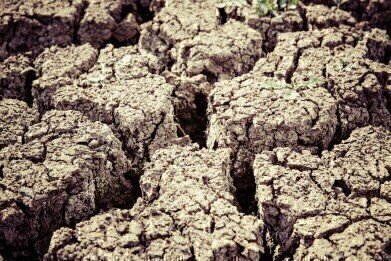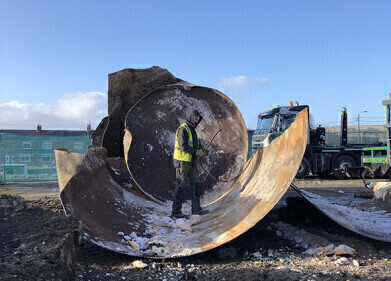Soil remediation
China Sets Sights on Soil Remediation by 2030
Jul 09 2016
The Chinese government have signalled their intention to clean up the country’s soil in the coming years, reducing deterioration of the soil by 2020 and improving its quality by 2030.
The announcement came with the publication of an action plan late last month, in which the government pledged to set up funds not only to tackle soil pollution but also to upgrade equipment and technology in heavy metal treatment, as well.
An expensive solution to an expansive problem
In 2015, the country’s environment minister said that as much as 16% of all soil found in China exceeded legal limits for pollution. Soil remediation is an expensive business, especially when it comes to the treatment and removal of heavy metals, and the nation has had a hard time in attracting private investment in the sector.
In fact, Reuters estimates that a total of five trillion yuan (roughly £540 million) would be necessary to convert every inch of Chinese soil to conditions capable of sustaining agriculture. The projected sum is based on average estimates of remediating one hectare of soil at the time.
At present, there are thought to be more than 100 projects underway across the country aimed at tackling soil remediation. With an estimated total outlay of 500 billion yuan (£54 billion), the process is an expensive one which has not attracted private investors, since there is no obvious return on investment in terms of profit. As a result, finding the funds to complete the remediation has fallen to local governments, whom are often struggling financially themselves. In turn, this has meant that progress has faltered.
However, the government’s latest announcement should signal increased investment and action over the coming years. With an ambitious target to reverse soil pollution by 2020 and improve soil quality by 2030, significant funds will need to be created.
Soil remediation efforts in line with air pollution abatement strategies
China has long endured a reputation for poor ecological practices, with some of the worst polluted air and soil on Earth. However, greater monitoring of emissions, investment into APC equipment and the implementation of a 12th five-year plan has seen the country turn a corner when it comes to air pollution.
Although there are still significant challenges to be overcome, Chinese cities no longer rank as the worst in the world for air quality. India has overtaken the Asian superpower in terms of polluting figures and the government has poured more money and resources into tackling the problem than any other nation.
With the action plan announcement, it seems as though the Chinese government is extending the fight against pollution to include soil remediation efforts, as well. Hopefully the funds will be forthcoming and the country will make good on its pledges to achieve its targets by 2020 and 2030, respectively.
Events
Aug 24 2025 Stockholm, Sweden and online
Aug 27 2025 Busan, South Korea
Sep 02 2025 Mexico City, Mexico
Sep 02 2025 Mexico City, Mexico
Sep 09 2025 Moscow, Russia






-from-Landia-are-on-their-way-to-Estonia.jpg)






